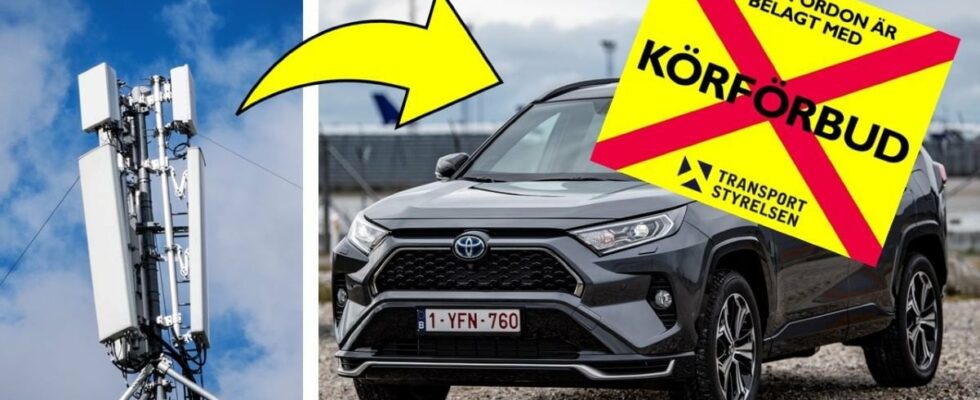The old 2G and 3G networks in Sweden are to be shut down, which will lead to up to 800,000 cars losing connection according to an estimate from Traffic analysis.
This not only means that the cars lose certain comfort functions, but also that important safety systems are put out of action.
Among them can be mentioned the SOS system eCall, which must work on cars manufactured from April 2018 in order for them to pass the inspection.
DON’T MISS: Our podcast about cars – Under the Hood
Cars are threatened by driving bans
Last summer, the Swedish Transport Agency came up with the estimate that 300,000 cars risk being banned from driving when the old 2G and 3G networks are closed, and eCall stops working.
The problem is not helped by the fact that it is still fully legal to sell cars until January 1, 2026.
For eCall to continue working in these cars after the old networks are shut down in 2027, manufacturers must upgrade them with 4G or 5G standard modems.
Changed requirements after the 2G and 3G chaos
Now reporting We Car Owners that the Swedish Transport Agency has chosen to change the requirements for the inspection, and temporarily pause the checks of the eCall system.
Cars will thus be approved regardless of whether the system works or not.
The regulation governing this change is still being developed. The investigator Anders Gunneriusson at the Swedish Transport Agency expects that it will start to be applied on 1 January 2026.
DON’T MISS:
Crisis meeting about 2G and 3G – new cars may be banned from driving
The threat to 800,000 cars in Sweden – when 2G and 3G are shut down
Therefore, the requirements for the inspection are changed
The Swedish Transport Agency has chosen to change the requirements for the inspection for several reasons.
For one thing, the car manufacturers have chosen to design the warning for a malfunctioning eCall system in different ways. Some cars already warn when the system loses connection, while others only warn if there is something wrong with the hardware.
Nor should it be completely easy for the inspection staff to check whether the car must be equipped with eCall by law, or whether it has been fitted voluntarily by the manufacturer.
The result is that it becomes difficult for the inspection staff to decide whether the car should be rejected or not.
– Unfortunately, it is not clear what kind of error the system is warning about. The inspection companies do not know why the light comes on, but the car is rejected regardless. It must be repaired within a month, otherwise there will be a driving ban, says Anders Gunneriusson to Vi Bilägare.
DON’T MISS:
Stop for speeding: The Swedish Transport Administration wants to introduce a speed limit
The battery problem that affects every third electric car
